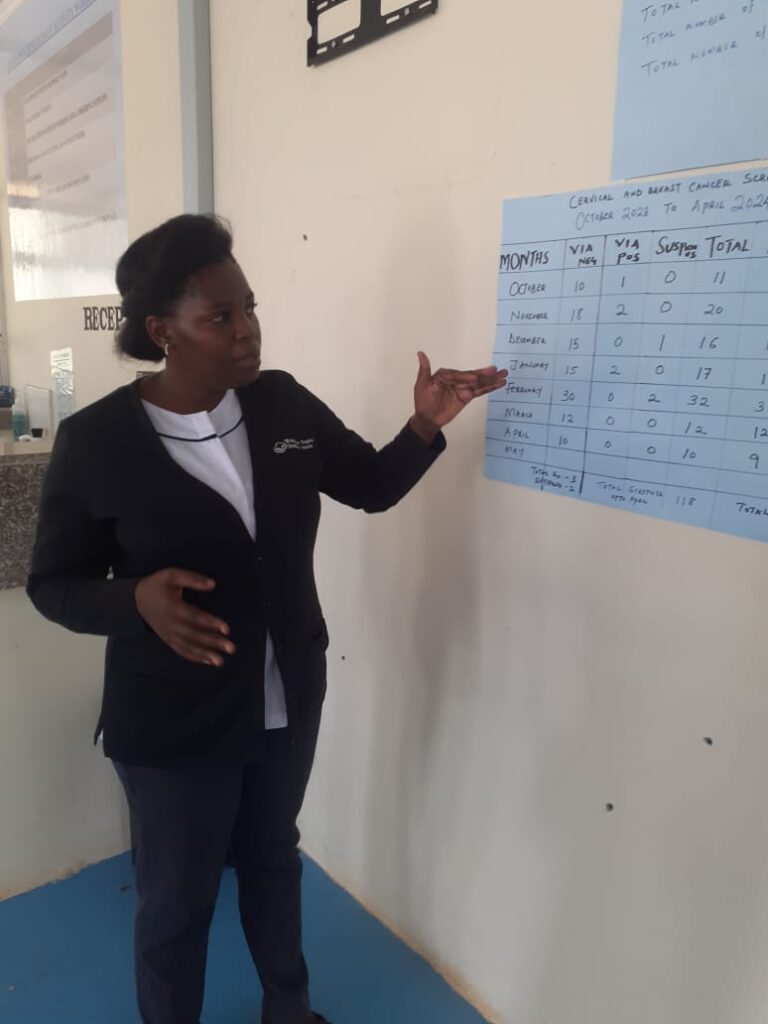By Reporter
The Kwale Health Department is urging women to undergo medical tests for Schistosomiasis of the cervix to enhance reproductive health.
Recent data from the department reveals that seven women were diagnosed with the disease between last year and April this year.
Dr. Caroline Muinde, head of the Kwale Oncology Centre, attributes the rising cases to increased use of water from rivers and earth dams by women.
Muinde said that the disease is commonly contracted through contact with contaminated fresh river and well water, which often contains parasitic worms and eggs.
“The Schistosoma worms are transmitted by snails that thrive in swampy areas, where people are at risk of infection,” she said.
She said that the parasites can enter the body through the skin when women fetch water, bathe, or engage in other activities in contaminated water sources.
Kwale is often affected by limited supply of clean drinking water and many locals rely on boreholes and rivers.
According to Muinde, the parasite multiplies and travels through the bloodstream to the urinary bladder or cervix, where it lays eggs and causes additional health complications.
The oncology nurse reported that the disease was discovered when women came to the Kwale health facility for cancer screening.
She noted that the women are routinely tested for various cancers and sexually transmitted diseases.
Muinde said that treatment is available and, once the disease is detected, medication is administered immediately.
“We are glad that we have some sponsorship and that medicines for Schistosomiasis are readily available in our health facilities,” she said.
The nurse emphasized the importance of early detection and treatment to prevent complications and improve health outcomes.
She added that early detection ensures prompt intervention and better overall health.
Muinde announced that comprehensive cancer services will soon be available in the region.
She said that the oncology centre is prepared and is currently awaiting licensing to begin operations.
Muinde said that cancer remains a significant challenge in Kwale, primarily because many residents cannot afford advanced treatment.
Currently, cancer patients are referred to Mombasa and beyond for specialized care, often resulting in substantial financial burdens due to high medical costs.
Last year, Health Cabinet Secretary Susan Nakhumicha reported that Kwale ranks 28th among the counties with the highest cancer rates in Kenya.
Other prevalent types of cancer in the region include cervical, prostate, breast and throat cancers.
Once the oncology centre opens it will serve over 50 patients per day. It will offer cancer screening, radiotherapy, chemotherapy, as well as surgical, laboratory, and counseling services.
Muinde said that the oncology centre will enhance the county’s commitment to advancing the health sector.


